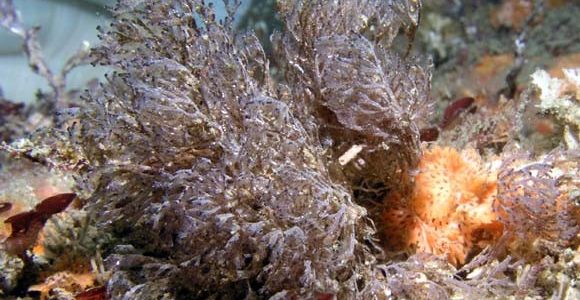Peter Todd, MD, PhD, Assistant Professor in the Department of Neurology in the University of Michigan Medical School, was awarded a FRAXA Research Grant for gene reactivation with the use of CRISPR. In this interview he tells us about CRISPR in Fragile X research, how realistic is it that it could turn the Fragile X gene back on, and if it can really cure Fragile X.
Read morePSD-95
Autophagy is a Novel Therapeutic Target of Impaired Cognition in Fragile X Syndrome

Dr. Suzanne Zukin, at Albert Einstein College of Medicine, is expert on signaling pathways in the brain and the regulation of synaptic plasticity. With this 2017 grant of $90,000 from FRAXA Research Foundation, she and her team are exploring autophagy, which is how cells clean house, in Fragile X.
Read moreBryostatin Restores Learning and Memory in Adult Fragile X Mice

A bizarre marine critter found off the California coast — Bugula neritina— is the only known source of a potential new Fragile X treatment, Bryostatin. Last month, FRAXA sat down with scientists from Neurotrope BioScience, a specialty biopharmaceutical company developing medicines for rare diseases and Alzheimer’s based on Bryostatin. Their Fragile X program is based on research by a West Virginia team led by Daniel Alkon, MD, which showed that Bryostatin-1 restores hippocampal synapses and spatial learning and memory in adult Fragile X mice.
Read moreRole of Experience in Regulating Levels of the Fragile X Protein

FRAXA awarded $29,000 in 2001 and $20,000 in 2000 to Kenneth J. Mack, MD, PhD — Mayo Clinic with Peter K. Todd, MD, PhD, Postdoctoral Fellow. While a professor at University of Wisconsin-Madison, Dr. Mack investigated whether and how FMRP levels are regulated in response to neuronal stimulation in vivo (in live animals). He looked at the effects of seizures and of experience in his experiments. Dr. Mack and colleagues published their findings.
Read more
